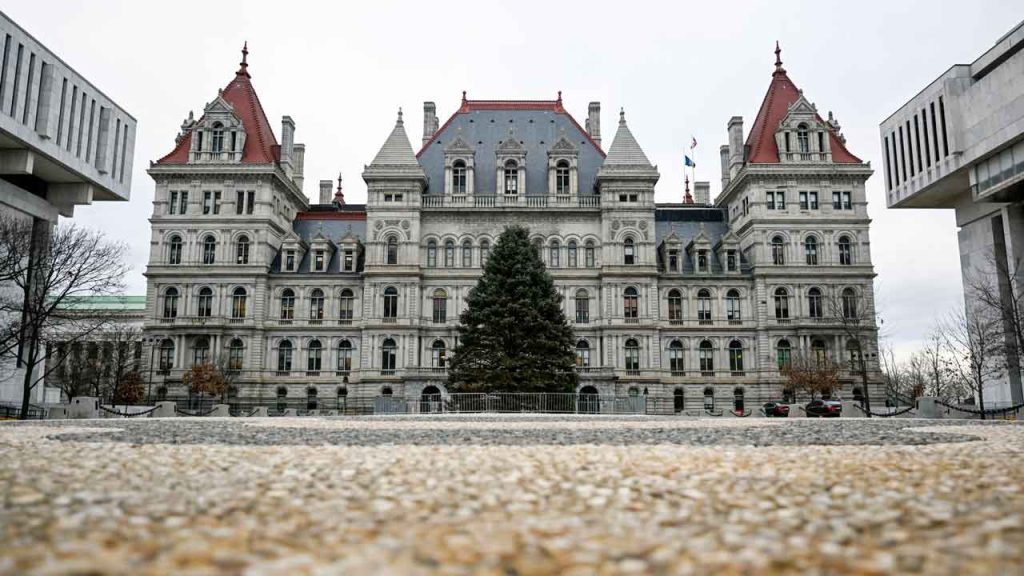The Equal Rights Amendment (ERA) was on the ballot for the November elections in New York but was ultimately tossed by a judge on procedural grounds. Republicans and opponents of the bill argued that it was written too broadly and could potentially infringe on parents’ rights when it comes to decisions about children receiving gender-affirming procedures. The ERA was a rapid response by New York Democrats to the Supreme Court’s Dobbs v. Jackson’s Women’s Health Organization decision in June 2022. Despite passing both houses of the New York legislature in a special session shortly after the Dobbs decision, a judge determined that the legislation was fatally flawed due to a procedural mistake.
Attorney Bobbie Anne Cox, who sued the legislature to stop the referendum, criticized the lack of open debate, public hearings, and transparency in the passing of the ERA. The New York constitution requires that proposed amendments be presented to the attorney general for review to ensure compliance with existing provisions within 20 days. Supreme Court Justice Daniel J. Doyle declared the amendment “null and void” due to the failure to wait for the AG’s analysis. Democrats have vowed to appeal the decision, with Governor Kathy Hochul emphasizing the importance of protecting equality and reproductive freedom through the ERA.
Opponents of the amendment, including former House Republican John Faso, praised the decision to toss the referendum as a move to prevent a false premise that abortion rights were at risk. Faso argued that the ERA goes beyond guaranteeing abortion rights by potentially giving minors access to gender-affirming care without parental consent and allowing biological males to compete on girls’ sports teams. Greg Garvey, executive director of the Coalition to Protect Kids – New York, criticized the broad and poorly written language of the amendment, warning of potential harm to children and families. Democrat MaryJane Shimsky defended the ERA as necessary to combat extremists who politicize children and create cultural divides within communities.
Democrats and advocates for the ERA maintain that the amendment is vital to protect equality and reproductive freedoms, and they plan to continue fighting for its reinstatement on the ballot. Despite criticism and legal challenges from opponents, such as concerns about parental rights and potential harm to children, supporters remain steadfast in their belief that the ERA will receive broad popular support if given the chance to be voted on. The lack of response from New York Senate leadership to requests for comment indicates ongoing debate and controversy surrounding the proposed amendment and its implications. Ultimately, the fate of the ERA in New York remains uncertain as legal battles and political wrangling continue.


